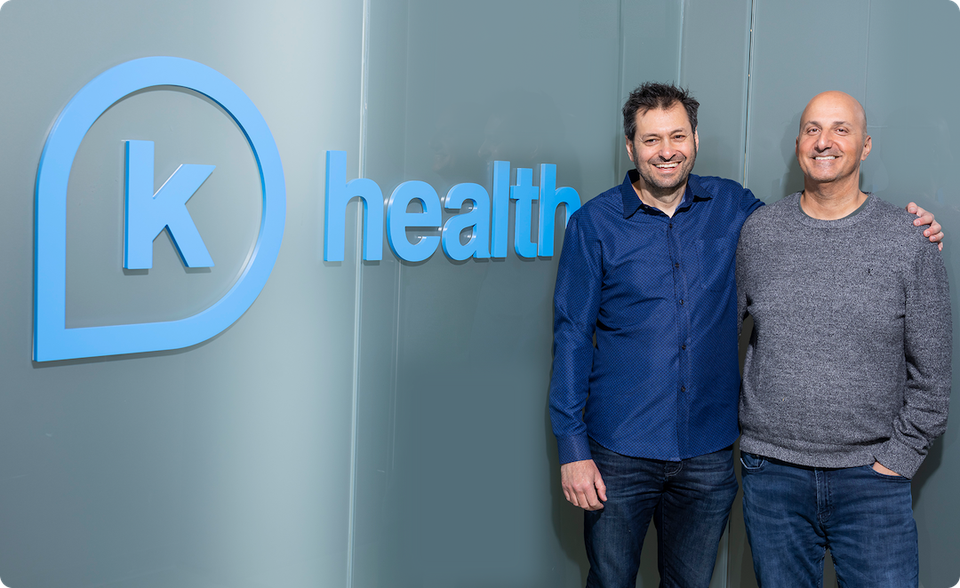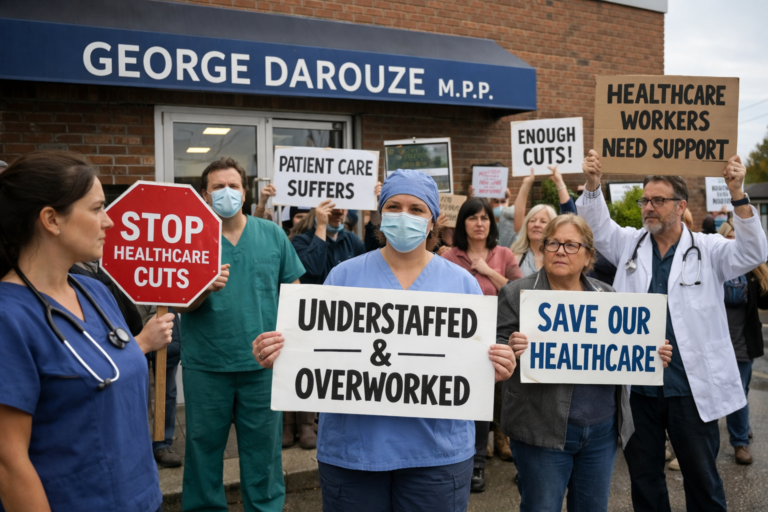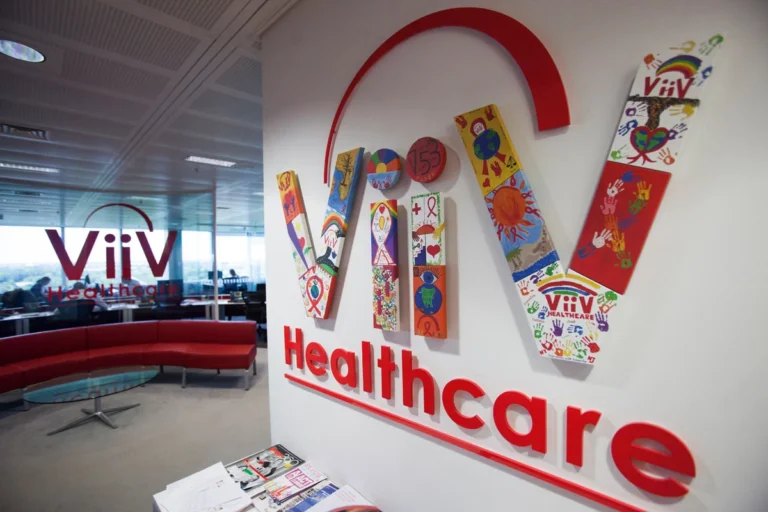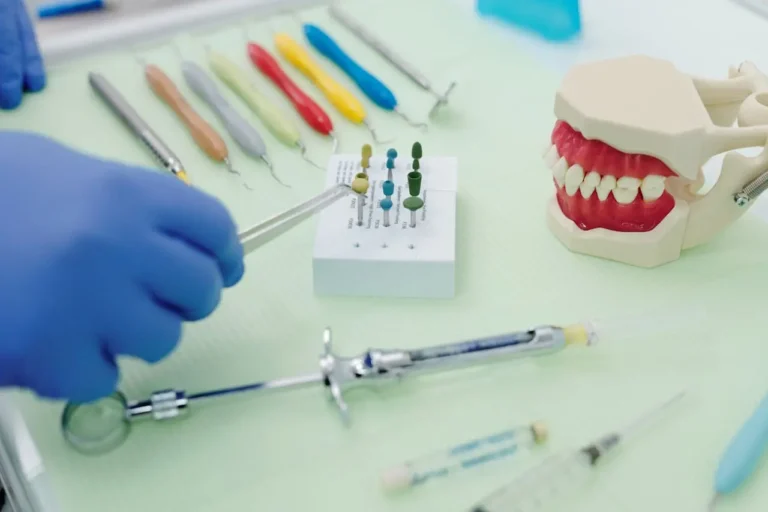
Study Finds K Health’s AI Recommendations Match Doctors’ in Accuracy
K Health, a leading AI-driven primary care platform, recently revealed exciting results from a novel study demonstrating that its AI-powered Physician Mode closely matched doctors’ clinical decisions in two-thirds of real patient cases. Moreover, the AI outperformed doctors in the remaining third, delivering higher-quality care.
This groundbreaking study, conducted in collaboration with Cedars-Sinai, Tel Aviv University, and K Health, involved experienced primary care physicians who reviewed AI recommendations compared to traditional physician decisions in a virtual urgent care setting. The findings, which were presented at the American College of Physicians Internal Medicine Meeting and published in Annals of Internal Medicine, suggest that AI can play a key role in enhancing healthcare decision-making.
The study’s results are significant for several reasons. By evaluating AI performance in real-world conditions, as opposed to controlled textbook scenarios, the research highlights the AI’s ability to manage the complexities of everyday patient care. “Everyday primary care patients are messy, there are so many variables… AI has to deal with incomplete data and a very diverse set of patients,” said Ran Shaul, Co-founder and Chief Product Officer of K Health. Shaul emphasized that AI, when trained on a vast collection of de-identified clinical notes and continually reinforced through real-time data from physicians, can achieve or exceed the level of accuracy seen with human doctors.

The results of the study are particularly important in the context of the challenges faced by the American healthcare system. Traditional treatments, such as in-person consultations and extended courses of therapy, often struggle to meet the growing demand for healthcare services.
K Health’s platform provides an opportunity to improve efficiency, reduce the strain on healthcare systems, and enable quicker, more accurate diagnoses. With its AI-powered Physician Mode, K Health synthesizes a patient’s entire medical record before a primary care visit, providing healthcare providers with AI-driven recommendations to inform clinical decisions. This technology is already in use in prominent health systems across the U.S., including Cedars-Sinai, Hackensack Meridian Health, and Hartford HealthCare.
The retrospective study, which focused on virtual urgent care visits, examined 461 physician-managed cases from Cedars-Sinai Connect, a program designed to expand virtual healthcare access in California. Cedars-Sinai Connect provides a mobile app that allows patients to consult with healthcare experts for both acute and preventive care. The study reviewed AI-driven recommendations provided to physicians during virtual urgent care visits from June 12 to July 14, 2024. The medical issues addressed included respiratory, urinary, vaginal, vision, and dental symptoms, which are common reasons for virtual visits.
The study found that, in about two-thirds of the cases, physicians made clinical decisions that closely matched or were identical to the AI’s recommendations. In the remaining third of cases, AI recommendations were rated as superior nearly twice as often as the physician’s decisions. This suggests that AI, when integrated into clinical practice, has the potential to enhance the quality of care delivered to patients, supporting healthcare providers in making faster, more accurate decisions.
The research also found that harmful recommendations were relatively rare, occurring only 2.8% of the time with AI, compared to 4.6% of the time with physicians. This is likely due to the AI’s adherence to medical guidelines and its ability to identify subtle clinical details that physicians sometimes overlook. Interestingly, in about 20% of cases, the AI “did what good doctors do” by saying, “I don’t know,” when it wasn’t confident enough to make a recommendation, mirroring the approach that experienced clinicians often take when faced with uncertainties.
Dr. Caroline Goldzweig, Chief Medical Officer of Cedars-Sinai Medical Network and co-senior author of the study, commented, “The results of this study highlight the complementary strengths of AI and physician expertise. This study demonstrates the potential for responsible AI integration, allowing physicians to spend more time focusing on the critical aspects of patient care that require human connection.”
These findings further validate K Health’s belief that AI, trained on high-quality clinical data, has the potential to transform healthcare delivery. Allon Bloch, Co-Founder and CEO of K Health, stated, “By bringing together AI’s processing power with physician expertise, we’re establishing a new paradigm for patient care that combines access, accuracy, and clinical excellence.”
The success of this study signals a promising future for AI in healthcare. With AI tools like K Health’s Physician Mode, patients can benefit from smarter, faster, and more accurate care. The study also suggests that integrating AI into routine clinical practice can help healthcare systems manage increasing patient loads, ultimately improving care quality and accessibility.
Looking ahead, K Health plans to continue expanding its AI-driven healthcare solutions and partner with more healthcare systems to improve patient outcomes. With further research and larger studies on the horizon, K Health is poised to play a pivotal role in shaping the future of AI-powered healthcare.
About K Health:
Founded in 2016, K Health is a Clinical AI platform that works alongside doctors to provide patients with better, more accessible healthcare. K Health’s suite of clinical AI agents supports both online and in-person primary care delivery. The company has raised over $400M in funding from investors like Valor Equity Partners, Claure Group, and Mangrove Capital Partners. K Health partners with major health systems such as Cedars-Sinai, Hackensack Meridian Health, and Hartford HealthCare. The company is headquartered in New York City.




